Protests in Russia
At the beginning of the month, many courageous Russians braved the streets to demand the release of arrested opposition leader, Alexei Nivalny. Using the day of President Vladimir Putin’s birthday to express their displeasure, hundreds rallied for the right of the detained Nivalny to compete for the presidency in a free election. Dozens were arrested throughout the country.
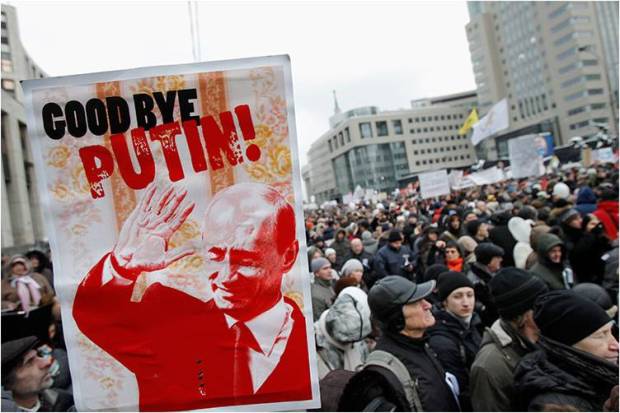
Protests against Putin: enough is enough
Putin’s inclination about those who oppose him is violent suppression, not surprising given his past stint as head of the infamous KGB, the Soviet Union’s brutal secret security force. Mr. Putin has ruled Russia since 1999, either as prime minister or president (he switches between the two to avoid term limit laws, but always ultimately wields all power.) Critics have fled to exile or been murdered, as when fierce Kremlin critic and human rights activist, Anna Politkovskaya was killed in the elevator of her apartment in 2006.

Ana Politkovskaya, one of many fierce critics of the government who ended up murdered in mysterious circumstances.
Figures show Putin with extensive public support, crediting him with lifting Russian pride, intricately linked with the Russian Orthodox Church’s conservative doctrine, and flexing its muscle abroad, standing up to the “hegemonic” US.
But these protests show that dissent is still alive and these gallant people risking their wellbeing to fight for democracy should perhaps signal to those who have become cynical about democracy’s virtues and effectiveness that it s worth defending and participating.
Trump in Puerto Rico, with Iran Deal and Obama Care
When examining anything US president Donald Trump does, it is difficult not to descend into a paroxysm of wailing, lamentations and bitterness, ultimately an ineffective waste of energy. If there were a competition for presidential gaffes, the word itself seems to have become almost redundant since it suggests exception rather than the barrage of idiocies that come cascading out of the White House, Trump’s trip to Puerto Rico would be a strong contender.
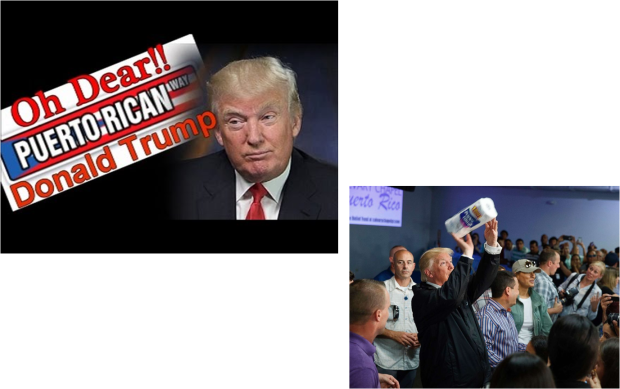
Trump in Puerto Rico, says they should be grateful for the help and throwing out paper towels to those in need
Leaving a full eight days after the storm, and after getting into a Twitter spat with the mayor of San Juan, Trump insinuated that Puerto Rico should be thankful for the magnanimous support of the United States as if talking to a poor, foreign country. He threw paper towels into a crowd, joked that the island’s devastation was putting a ‘hole’ in the national budget, and constantly praised himself.
Puerto Rico became a US territory after the Spanish-American war of 1898, essentially the spoils of war after the defeat of Spain. Although US citizens, the island’s three million residents have no vote in the US presidential election or real participation in the US congress. Trump’s insouciance about the suffering of US citizens who serve no political use for him, and his constant dog-whistling racism, show that Trump is essentially white America’s president. The rest just don’t matter to him.
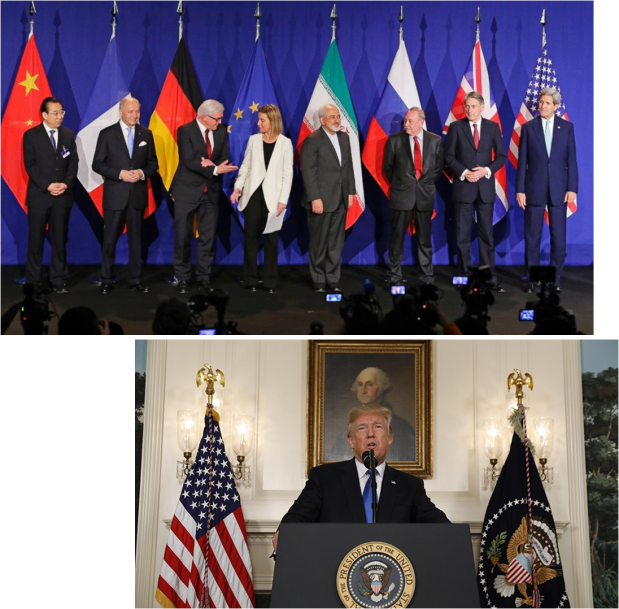
The multilateral Iran nuclear accord on the brink of collapse with Trump refusing to certify Iran compliance with the agreement.
Further discord and confusion were sewed once again by Trump is two actions that sought to detonate policies which his predecessor Barak Obama had put in place and that had ameliorated the situation of many uninsured Americans and also contributed to global stability, namely the Accordable Health Care Act (Obamacare) and the Iran nuclear deal.
Far from being a single payer public system which many other rich countries have adopted, the AHC was market based, with government participation limited to subsidizing people unable to afford private health insurance on their own. Trump on several occasions, through Congress, has tried and failed to overturn this landmark legislation, and so resorted to unilateral presidential action and withdrew this government support so essential to millions of people. Some are predicting that this could most adversely hurt Trump’s base, since many of them are working class and struggle to meet burgeoning health care costs.
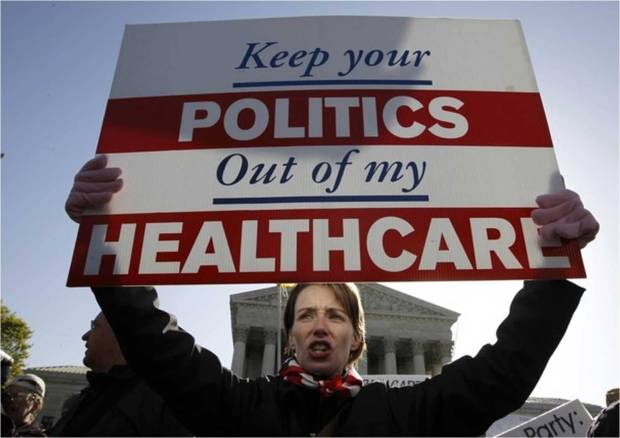
Trump’s second unilateral measure was to choose not to certify the Iran Nuclear Deal, a multilateral negotiated settlement that involved the Security Council, the European Union as well as the US. Within the framework of this accord, Iran agreed to stop development of a nuclear weapon in exchange for the lifting of sanctions imposed against that country for its former pursuit of nuclear arms capability. The agreement has been hailed as a contributor to global stability and according to all the parties except the US, Iran has been keeping its part of the bargain. Pressure from Saudi Arabia and Israel, sworn enemies of Iran, is presumed to have caused Trump to revoke the deal. However, there’s still some hope that the deal can be salvaged as Trump essentially passed responsibility to the US Congress and if it fails to act, the deal remains in place.
Social Media and Society
Two recent articles in The Guardian newspaper have outlined the potential dangers of increasing dependence on information technology for society in general but also and particularly the democratic political system. The articles analyze people’s online habits and speculate about what kind of world we are living in when people, on average, swipe their phones an astounding 2,617 times a day.
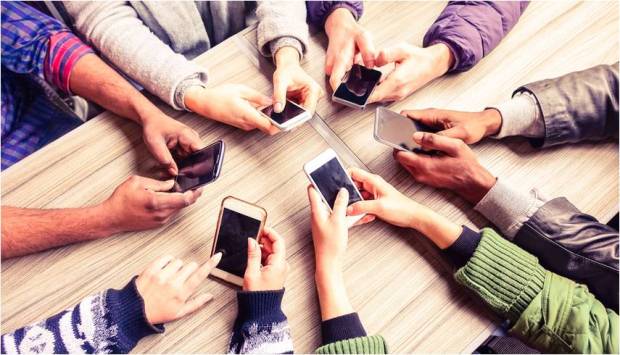
Is too much technology making us dumber?
Firstly, it examines the psychological tools involved in convincing (some would say coercing) people to buy products. Since people have decided to share all kinds of personal information by posting it on their online accounts, companies such as Facebook, Google and Youtube have compiled psychological profiles from which they can direct their pitches and secure millions of dollars of advertising revenue for themselves.
Some have dubbed this new type of marketing approach as the attention economy. This prioritizes strategies and ploys to capture our attention and thus, these articles argue, privileges impulses over intentions. This, the authors posit, makes people more prone to seeking out sensationalist rather than nuanced news, and conceivably led to the political hurricanes of Brexit and the election of Donald Trump.
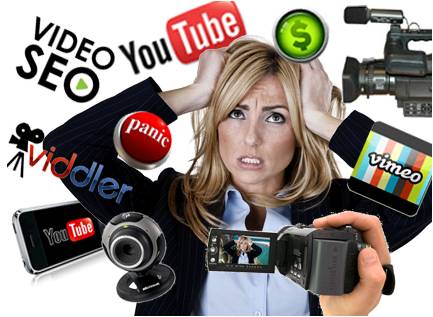
Those foreseeing a technological dystopia include many former employees of the major tech companies who ironically send their children to schools where smartphones, ipads and other electronic devices are banned. They counsel that governments should start regulating “psychologically manipulative advertising” as they would other public health hazards such as tobacco, alcohol and illicit drugs.
Who was more accurate in predicting the future? George Orwell with his forced coercion or the psychological manipulation Aldous Huxley warned against due to “man’s infinite appetite for distractions?” Looking around any public venue in most big cities around the world, it would seem Huxley was more prescient, with people buried in their smart phones oblivious to their surroundings.
Clearly the age of internet has ushered in changes that have been beneficial yet its excesses and a lack of concerted actions to address them, could result in the kind of society where people are so dependent on these technologies that they are incapable of making informed decision and the concept of free will be considered an anachronism.